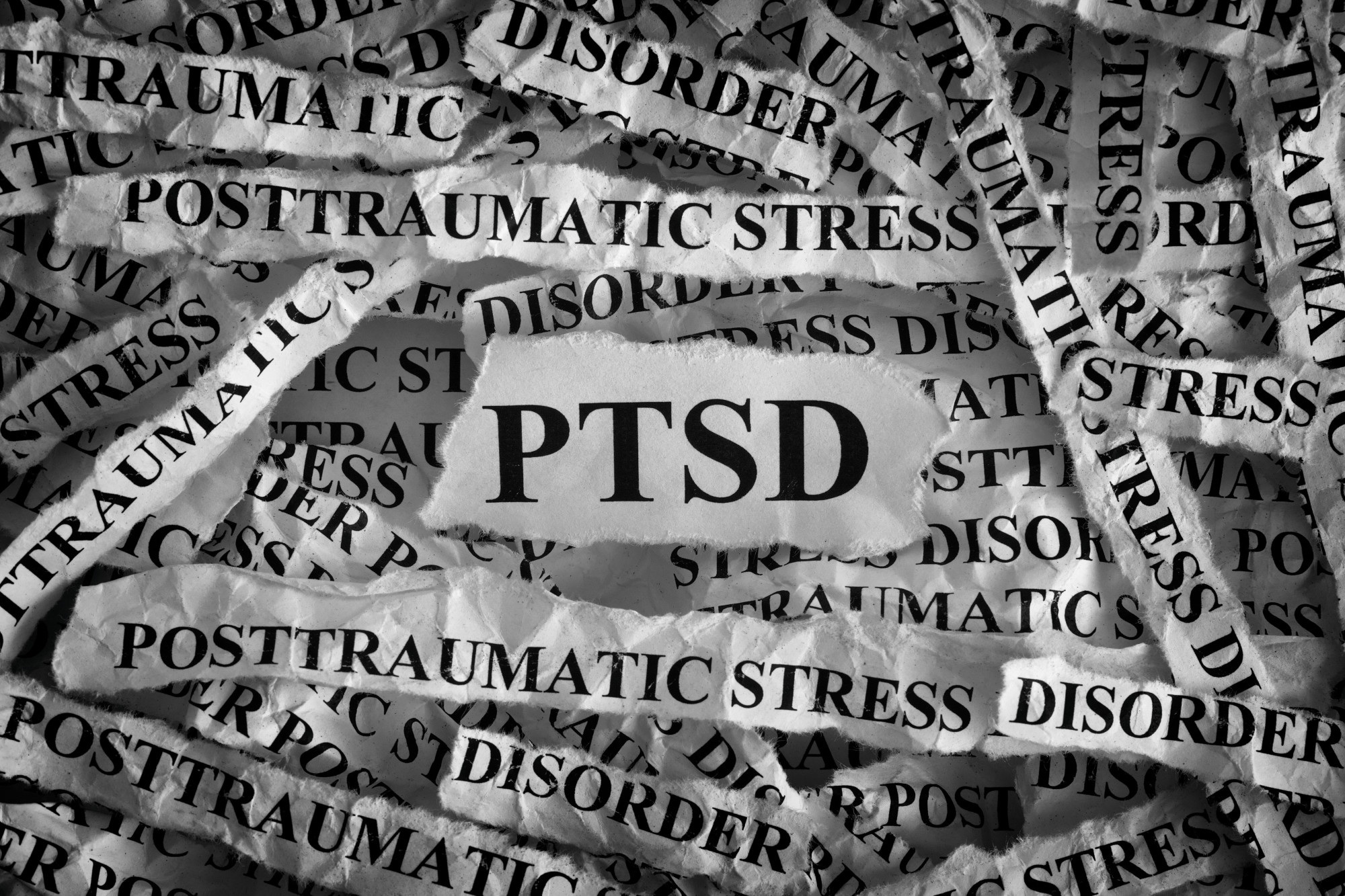It’s estimated that more 13 million Americans have post-traumatic stress disorder (PTSD).
That’s over 5% of the population.
However, the potential to develop PTSD is much higher. That same source states that as many as 70% of adults in the US will suffer trauma in their lifetime. Likewise, you need only witness a trauma to develop PTSD.
Those are scary statistics. After all, PTSD is far from pleasant. Symptoms can include invasive memories and flashbacks, dreams about the trauma, avoidance of particular places, and severe changes in mood, including hopelessness.
People who are currently suffering from this debilitating condition may benefit from professional treatment. But it can be difficult to identify PTSD in the first place. Similarly, it can be hard to accept that you require support for it.
How do you know that you require PTSD treatment?
Keep reading to discover 7 signs it might be time to access support.
What Is PTSD?
First, let’s take a quick look at what we mean by PTSD.
PTSD is a serious mental health condition that develops after witnessing or experiencing trauma.
The nature of the trauma doesn’t matter. From the trauma of war to the trauma of a sexual assault, the end result can often be the same. The intensity of negative emotion that’s felt during any particular incident is internalized.
PTSD effects men and women, though women are more likely to experience it.
Symptoms of PTSD can occur months and years after the event, cause serious distress and can last a lifetime if left untreated.
7 Signs You Could Benefit from PTSD Treatment
Sometimes it can be hard to tell when you need to access support. Thankfully, there are many organizations, such as Shield of Faith Missions, that can help.
Check out these 7 signs that it might be time to seek support from one of them.
1. Normal Trauma Response Doesn’t Diminish
Trauma is distressing. It doesn’t matter if you are the subject or the witness.
It sounds obvious, but the nature of trauma is that it’s traumatic, right? Experiencing it in any shape or form is no fun at all. It’s normal to feel negative effects from trauma when it happens. The shock, the loss of appetite, the difficulty sleeping, the change in mood, and so on.
However, for most people, the symptoms fade after a period of time. It doesn’t for people with PTSD. Ask yourself for how long you’ve suffered after the trauma. How long has it been? Extensive periods of distress after trauma may require professional support.
2. Everyday Life Is Impacted
Mental health conditions become diagnosable when they begin to negatively impact your life, for a considerable period of time.
PTSD is no different.
Are your symptoms making it hard to live a happy life? Are they impacting your job, your relationships…your mood? It might be time for help if so.
3. You Suffer Intense, Invasive Memories
A primary symptom of PTSD is the presence of intrusive memories.
You may have flashbacks, intense nightmares and so on that reminds you of the trauma. They can come at all times, and leave you reeling. You get transported back to the trauma. It’s as if your mind won’t let you forget it.
This is a clear sign that PTSD may be present and that you should seek professional help.
4. Experiencing Hyperarousal
States of hyperarousal are also common symptoms of PTSD.
What does that mean?
Well, hyperarousal is often demonstrated through a lack of sleep or becoming irritable. You may find it hard to relax, and be prone to anger. You might feel ‘jumpy’ and reckless. There’s an element of uncontrollability to hyperarousal. As if you’re running above a certain safe threshold.
5. You Have Dramatic Shifts in Mood
PTSD can have severe effects on your mood.
You may experience dramatic shifts in emotion. Depression and anxiety and common burdens. Negativity is insidious and you may find it hard to experience any level of hope or happiness.
Guilt, shame, suicidality, low self-esteem, and doubt may be present too. This all impacts your ability to enjoy life. Seriously consider treatment in these cases. Actively seek support right now if you’re having suicidal thoughts.
6. You Experience Avoidance
Avoidant behavior is also common in PTSD sufferers.
You might feel numb and cut off from reality. You may actively seek to avoid social situations and anything that reminds you of the trauma that happened.
We’ve already mentioned the potential for flashbacks. However, there’s some irony that you may struggle to remember parts of the trauma too. It’s like your mind is trying to protect you from the ordeal by keeping it from you.
7. Abuse of Drugs and Alcohol
The abuse of drugs and alcohol are another common coping strategy of people struggling with mental ill-health.
It’s a coping strategy designed to numb the pain. However, it’s a vicious cycle.
The short term effect might be positive. But over time you’ll experience depressive effects. You’ll need more and more to have the same effect, and it can easily become an addiction. Shame and guilt can build and perpetuate the initial problem thoughts and feelings.
Have you begun to drink more, or take drugs, to cope with the trauma? If so, consider seeking professional support.
Seek Help for PTSD
PTSD is a debilitating condition that is a significant problem in the US. It affects millions of adults across the nation.
However, the nature of mental ill health can mean it’s hard to know when you need support. How do you know when you need help? Hopefully, the 7 signs we’ve discussed here will enable you to access PTSD treatment.
For the benefit of yourself and those around you, don’t wait. Seek professional support now.
Did you find value in this piece? Be sure to check out more pieces about living a healthy, happy life.
